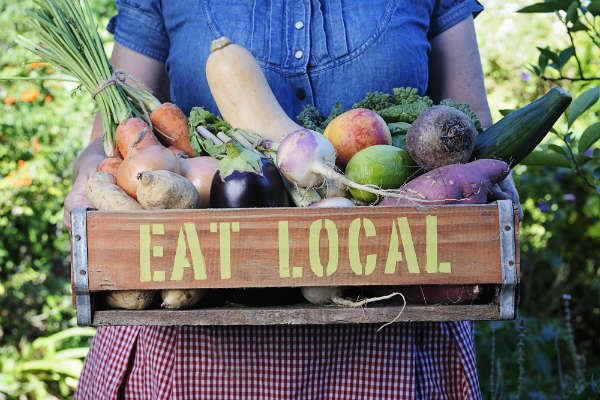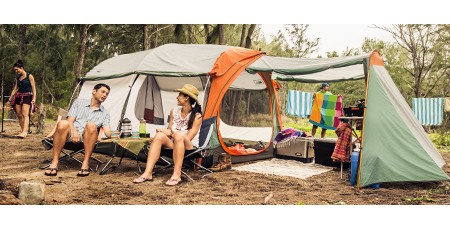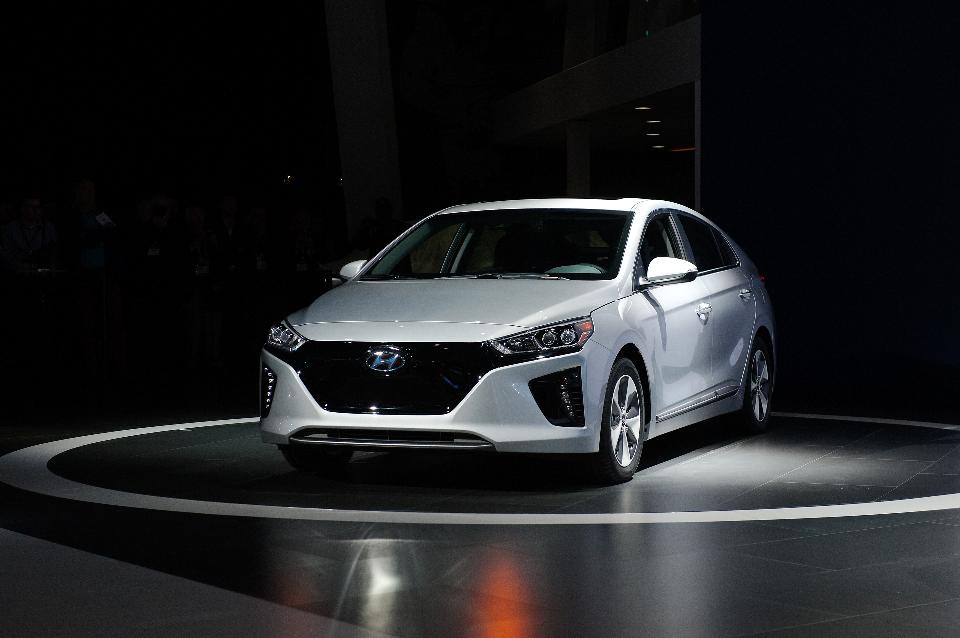
What do you do to save the Earth? If you’re like most people, you do a little – like recycle – but would like to do more. The trick with the next step is knowing what to do. Sometimes it seems like advice for aspiring environmentalists is either too extreme or contradictory. Most of us would prefer to start slow, with a few key improvements, and then build out our green habits bit by bit. After all, it’s not like we can all quit work tomorrow and go live on an organic farm.
So let’s cover a few of the things that each of us can do to help out our Earth just a little bit. If a piece of advice seems a bit too extreme for you, just adjust it to suit your life – for instance, if becoming a vegetarian is too much, try just eating a few servings fewer of meat every week, or consider becoming a pescatarian and eating seafood instead of red meat.
Care for your car
You can’t walk everywhere. If you’re like many Americans, places like the grocery store and the shopping mall are out of reach unless you have a car. That’s a shame, because cars aren’t great for the environment, but that doesn’t mean that we can’t make the best out of a bad situation.
Next time you’re in the market for a car, head down to your local car dealership and ask to see fuel-efficient vehicles – or, better yet, hybrid and electric vehicles. The less gas you burn, the happier Mother Nature is going to be.
And you don’t have to buy a new car to take steps towards greater fuel efficiency. A care that’s well cared-for is a more efficient car, so make sure you bring your car in for everything it needs. Yes, that means those routine oil changes, not to mention the right care for your tires, emissions system, and engine – all of which affect how efficient your vehicle is on the road. Owners of diesel vehicles can even invest in plug-in diesel chip tuning boxes, which can greatly improve fuel efficiency in the diesel engines that power big rigs, RVs, tractors, and boats.
Hold onto your things

What motivates consumers to make ethically conscious decisions?
Everybody owns some things (well, almost everybody – if you’re a ascetic monk, you can stop reading now). There’s nothing wrong with that! But when your possessions end up cluttering landfills, that is a problem. The solution, of course, is to not throw as many things out.
That’s easier said than done, though. After all, you don’t want to hold onto junk! The solution here is to not buy so much junk in the first place. Try to think twice about what you consume, and when you do buy a product, invest in something that will last you for as long as you need it – or longer, so that you can pass it on to someone else when you’re finished with it. Yes, buy-it-for-life products are pricey, but a smart use of coupons (which are widely available online on coupon sites like Coupon to Pay) can make them more affordable, as can looking out for sales and second-hand purchase opportunities. Besides, if you buy a quality product, you’re far less likely to have to buy it twice – and that’s the point!
Chew on this

33 Ways to Eat Environmentally Friendly
Vegetarians have a lighter impact on our planet than meat eaters – that’s just a fact. That’s thanks in part to global warming consequences from livestock farming, so vegetarianism isn’t just kind to animals – it’s kind to our very planet itself.
Maybe being a vegetarian isn’t for you, and that’s okay. Look for organic products and food that’s certified by one of the many organizations dedicated to promoting sustainable farming, humane livestock practices, and other Earth- and animal-friendly things. Put your money and your mouth where your heart is, and you’ll help encourage more companies to invest in practices that are better for our planet. When your conscience has capitalist consequences, companies listen!
Get in touch with nature

The Evolution of American Camping
Does it help the environment when you go for a hike? Not necessarily – it may be a nice way to remind yourself of what we’re all working hard to preserve, but it doesn’t really have any measurable impact, right?
Well, yes and no. A hike or a day in the park isn’t in and of itself an environmentally friendly act, but if you do it instead of a high-waste activity – a gluttonous brunch, for instance, or a day at the amusement park – then you’re taking a major step towards reducing your environmental footprint. And if you have kids, going outside on a weekend is a great way to pass on a sense of love and stewardship for our planet. With any luck, the young hikers of today will become the environmental guardians of tomorrow.





